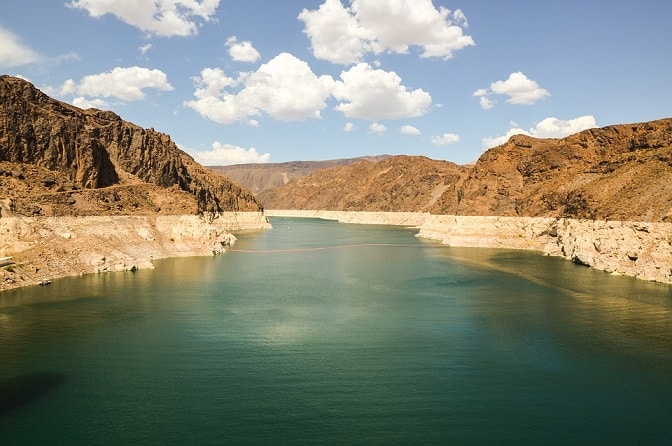The province of the Western Cape, South Africa has been under water restrictions for more than a year now, and is currently on the highest level ever, Level 3B, which restricts watering times, use of potable water, and bans the use of hoses, sprinkler systems and refilling of swimming pools unless they have covers.
There have been talks of switching this to a Level 4 soon, which will mean that pools cannot be filled at all, even with covers, and nobody will be able to water their gardens at all, even with the bucket method which is currently allowed. The Department of Water and Sanitation also recently informed the agricultural sector of 10% additional water restrictions in an attempt to curb excessive water use.
While a huge portion of the public has put many systems in place to save water such as installing grey-water systems, bathing less in favour of showering and then saving that water and using it in the garden or on house-plants, this is not enough and the dam levels are going down rapidly.
While many parts of the country to the north have now emerged out of their drought to heavy downpours, flash flooding, burst river-banks, and the gates of the dams have had to be opened to release water, Minister in the Presidency Jeff Radebe said on Thursday that the water restrictions in the Western Cape will remain in place until dams have reached 85% of their capacity.
“Attempts need to be instituted to provide greater comfort in the form of additional alternate water supply sources that must be on standby should inadequate water be received for this season,” he said.
South Africa will be hosting the Unesco-proposed World Water Day on March 22, under the theme, “Waste Water: the untapped resource”. The World Water Development Report 2017 on waste water will also be launched at the event.
Get watercooler and bottled water coolers from Living-Water.






